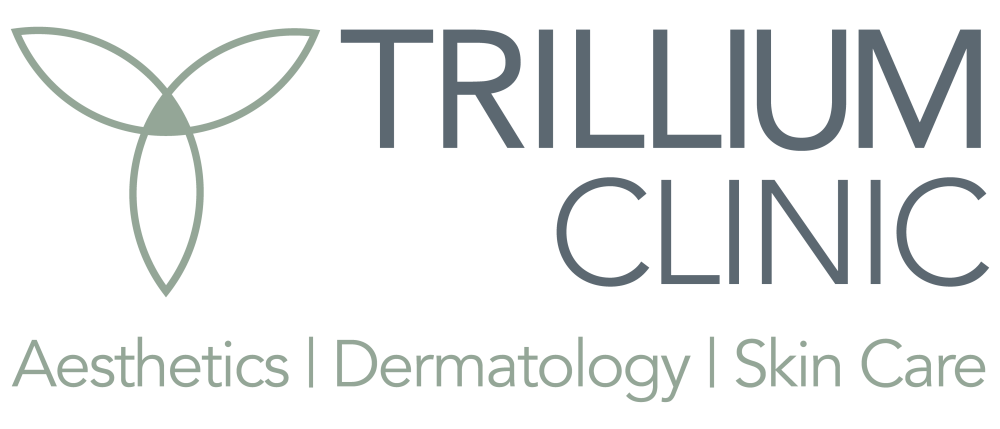Ringworm is a very common skin condition. However, patients struggle to find effective treatments. We understand the frustration of dealing with tinea corporis. At the Trillium Clinic, our solutions are designed to address the cause of ringworm, helping your skin heal and giving you the clear, healthy, fungus-free skin, you desire. Begin your advanced tinea corporis treatments today and say goodbye to the persistent rash of ringworm.
What is Tinea Corporis

The main symptom of tinea corporis is the appearance of one or more circular or ring-shaped patches on the skin. These patches are typically red, scaly, and itchy. The edges of the patches may be raised and have a clearer center. Other symptoms may include:
Itching: The affected area may be itchy, causing discomfort and the urge to scratch.
Skin changes: The skin in the affected area may become dry, flaky, or develop blisters or pustules.
Spreading: The infection can gradually expand outward, causing the rings to grow larger over time.
What Causes Tinea Corporis
Tinea corporis is caused by fungal organisms called dermatophytes. These fungi thrive in warm and moist environments, making certain factors contribute to their development, including:
Direct contact: The infection can spread from person to person through direct contact with an infected individual or by touching contaminated surfaces, such as towels, clothing, or gym equipment.
Poor hygiene: Insufficient cleanliness or failure to keep the skin dry can create an environment favorable for fungal growth.
Weakened immune system: People with weakened immune systems, such as those with HIV/AIDS or certain autoimmune conditions, may be more susceptible to fungal infections.
How is Tinea Corporis treated
The treatment of tinea corporis aims to eliminate the fungal infection and relieve symptoms. It may involve:
Good hygiene practices: Keeping the affected area clean and dry, and avoiding sharing personal items like towels or clothing, can help prevent the spread of the infection and aid in its recovery.
Topical antifungal medications: Antifungal creams, lotions, or sprays containing active ingredients like clotrimazole, miconazole, terbinafine, or ketoconazole can be applied directly to the affected area to kill the fungi.
Oral antifungal medications: In severe or widespread cases, oral antifungal medications may be prescribed to treat the infection from within the body.
To reduce the risk of developing tinea corporis or prevent its recurrence, you can take the following preventive measures:
Maintain good hygiene: Regularly cleanse and dry the skin, paying attention to areas prone to sweating.
Avoid sharing personal items: Do not share towels, clothing, or other personal items with individuals who have a fungal infection.
Wear loose-fitting clothing: Loose-fitting clothing allows air to circulate and reduces moisture buildup on the skin.
Embark on your journey to radiant skin
If you suspect that you may be affected by ringworm make an appointment here to see one of the dermatology providers at the Trillium Clinic in Chapel Hill. We will conduct a thorough evaluation, provide an accurate diagnosis, recommend appropriate treatment options, and offer guidance on managing and preventing future outbreaks. We are currently accepting new patients from Chapel Hill, Carrboro, Hillsborough, Pittsboro, Mebane, Durham, Burlington, Cary, and surrounding cities, who suffer from tinea corporis. Call us today to discuss appropriate treatment options.
